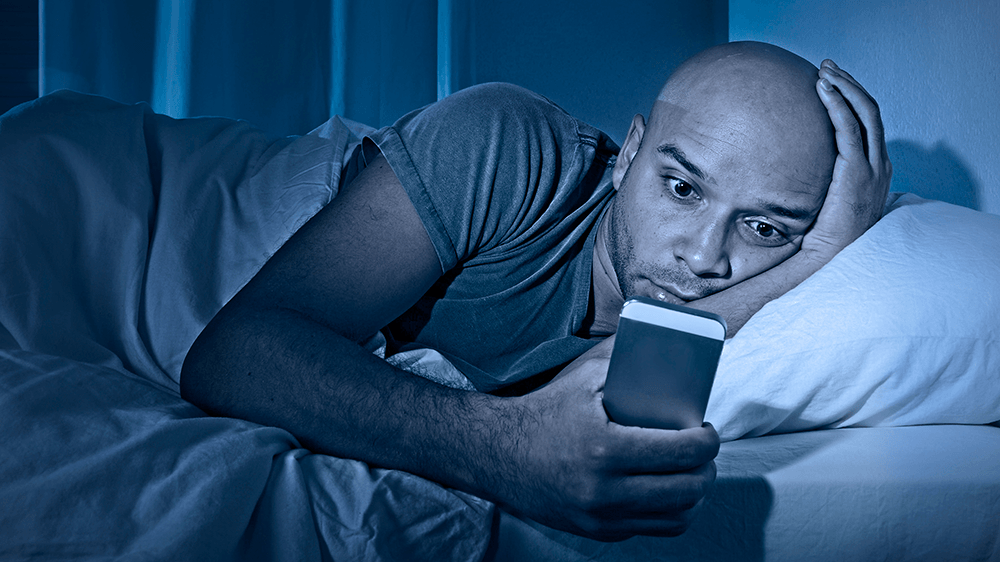by Elise Wachspress
Suppose you put a graduate student, a chemist, a molecular geneticist, a mathematician, a Microsoft AI expert, a computational biologist, and a high school student into one intellectual space. What do you get?
At least one thing: proof that our social structures define our sleep schedules. “Duh,” you say.
But after years of research on circadian rhythms and the effects of sunlight and the seasons, it’s important for us to candidly embrace the fact that our social schedules—something over which we humans, individually and collectively, have much greater control than the solar system—carry considerable, perhaps even greater weight in defining our sleep schedules.
And that may explain why this generation of humans also carries the most weight—shockingly more than we did even a few decades ago.
The motley crew described above decided to mine Twitter to document when people were clearly up and awake enough to type into their phones. The team reached back to earlier, happier days of Twitter—in 2012 and 2013—when people used to tweet about their daily lives rather than engage in full-scale political warfare. During that era, Twitter’s default settings included geolocation data, so it was also possible to identify the home time zone of each tweeter.
What the team was expecting was that the timing of tweets would vary significantly based on sunlight or the seasons.
Not true. Instead, the research demonstrated that social schedules—school, work, leisure—were far more powerful. People tweeted while they were, say, getting their kids ready for school or settling in with their spouses to watch the evening news. These daily schedules set up a kind of “social jet lag” that caused people to wake up long before their bodies were ready to face a new day.
Research has shown that lack of sufficient sleep is linked to health problems from diabetes to cardiovascular disease, not to mention accidents (or “performance failures,” as the Association of Professional Sleep Societies calls them).
Of immediate interest to just about everyone, however, is the effect that sleep deprivation has on weight. The team found that the US locales with the highest levels of “social jet lag” also had among the highest obesity rates. Now that we know one factor that is helping to make us fat, shouldn’t we just try to get more sleep?
Mike Rust, the molecular geneticist and a lead author of “Geographically Resolved Rhythms in Twitter Use Reveal Social Pressures on Daily Activity Patterns,” says that is easier said than done—and clearly getting tougher, with a general trend toward people getting less and less sleep over the last several decades. Rust notes that the folks on the West Coast do better both on measures of sleep and obesity, so maybe the lifestyles out there have something to teach us. “One likely factor is spending time outside,” says Rust, suggesting people would benefit from exposure to bright sunlight, especially early in the morning.
Rust came to this project with long experience in studying the circadian rhythms of bacteria. This new approach was one way to examine circadian rhythms in people, using huge datasets that already existed, without the cost of massive surveys, where people tend to shade responses or record their behavior inaccurately. He was “impressed that so much could be learned from this purely public data set not at all intended to tell you about sleep.”
He was also pretty impressed with the contributions of the high school student. When the team realized that they had neglected to account for one potential confounder—shift work—a young scientist at UChicago Lab School jumped in to help; her professionalism helped them find and integrate that data, streamlining the paper’s avenue to publication.
Rust sees the potential in extending this research in human circadian rhythm by using fitness trackers or similar biorecording devices. “If you can follow one person over time and see how the rhythms of their behavior are changing, you might be able to give that person quite useful information about their biological clock.” And for many of us, the basic data collection is already being done, saved on a Fitbit or a cell phone app.
The “take-home” message, however, is one we should all be taking home. If you want to improve your health in the least expensive possibly most enjoyable way, get more sleep. The rock-and-roller’s lament that “I’ll sleep when I’m dead,” may be faster-acting than you planned.
Elise Wachspress is a senior communications strategist for the University of Chicago Medicine & Biological Sciences Development office




